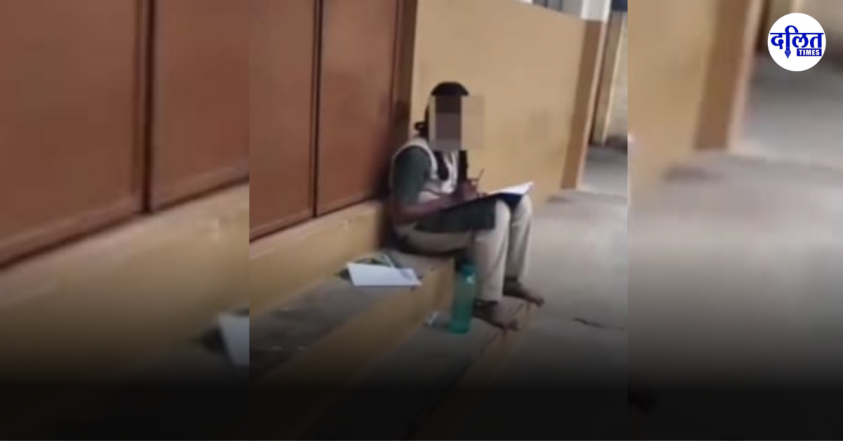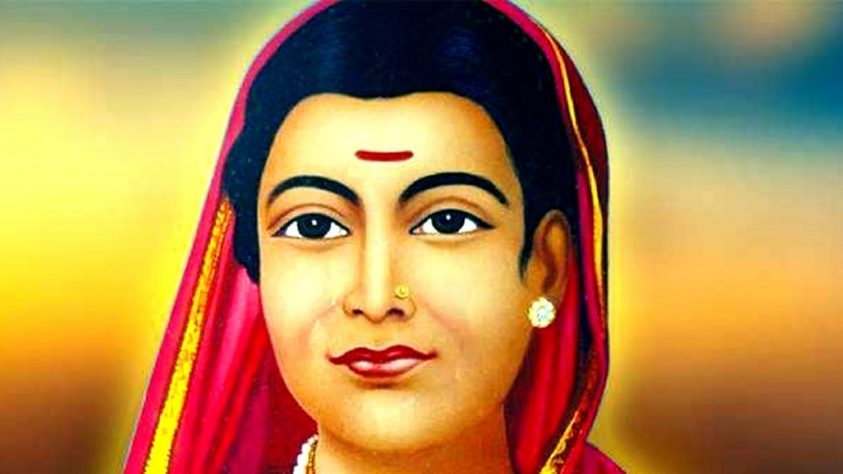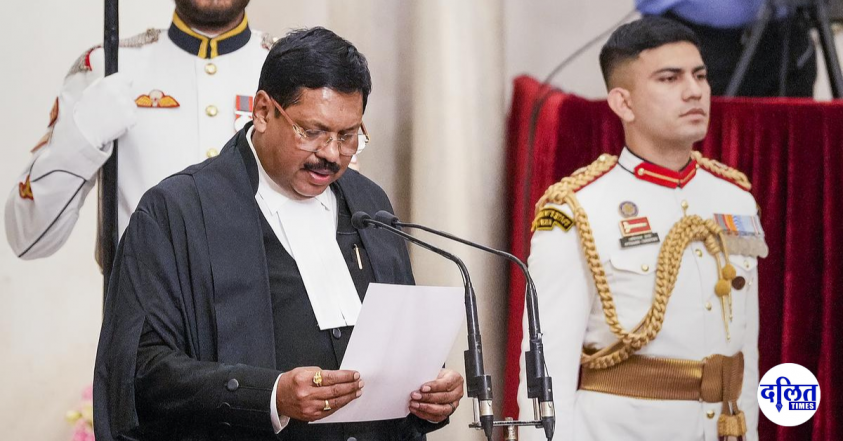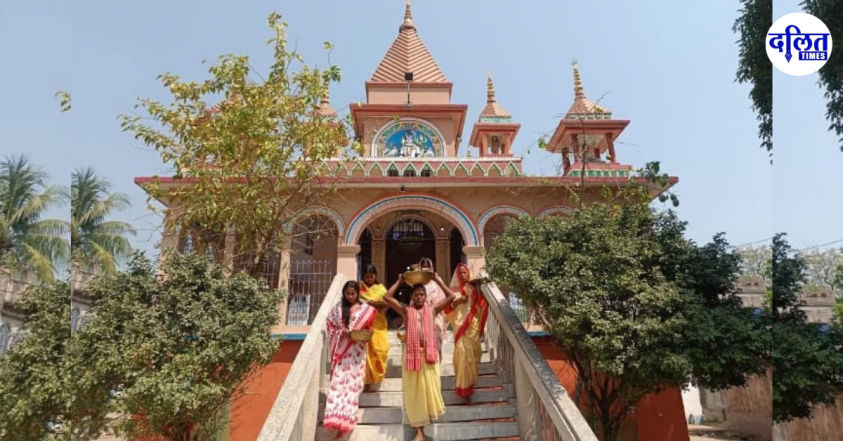In an appalling act of caste and gender discrimination, a teenage Dalit girl in Tamil Nadu was forced to write her school examination outside the classroom because of caste identity and she was menstruating. The incident, which occurred in private school, has sparked outrage among human rights advocates, feminists, and anti-caste activists, highlighting once again how casteism and menstrual taboos continue to violently intersect in India’s educational spaces.
The student from a Scheduled Caste, was reportedly appearing for her exam when a teacher noticed that she was on her period. Instead of offering support, the teacher guided by deep rooted casteist and patriarchal prejudices ordered the girl to sit outside the classroom, away from her peers, as if she were impure or contagious.
The sight of a child, exiled from her classroom and made to endure both physical discomfort and public shame, is a brutal indictment of our education system one that continues to uphold hierarchies rather than dismantle them.
This is not just about menstruation stigma. This is about caste. This is about how Dalit bodies are viewed as polluting, especially when they are female and bleeding. It is about how dominant caste notions of “purity” are still weaponized against the most vulnerable. In rural and semi-urban India, Dalit girls face a double burden—the caste system that deems them inferior, and the patriarchy that shames them for their biology.
To be a Dalit girl is to be told again and again that you do not belong. That your body is a problem. That your presence is a disruption. In this case, menstruation became the excuse, but the real reason was the girl’s caste. Had she been from a dominant community, would she have been sent outside? Would her discomfort have been ignored? Would her dignity have been so casually denied?
The school, which should have been a place of learning and safety, became a site of humiliation. The psychological trauma of being treated as an outsider in your own classroom is a wound that may never fully heal. This incident, like so many others, exposes the rot beneath the surface of our “inclusive” education system. Government schools, especially in rural Tamil Nadu, are still shaped by caste hierarchies. Teachers often carry the same prejudices as society at large, and without accountability, these prejudices manifest in cruel and dehumanizing ways.
It is not enough to condemn this act as individual prejudice. This is systemic violence. It is the product of a society that still treats Dalit lives as expendable, Dalit girls as untouchable, and menstruation as a curse. The silence of the authorities and the absence of swift punitive action only reinforce the impunity with which such discrimination is carried out.
What this child needed was a pad, privacy, and empathy. What she received instead was punishment and exile.
We must demand more than outrage. We must demand justice, education reform, and anti-caste sensitization training for teachers. Menstrual health must be normalized in schools—not turned into another excuse for exclusion. And most importantly, we must center the voices of Dalit girls themselves, who are too often silenced, overlooked, or spoken for.
Tamil Nadu’s Minister for School Education has expressed strong condemnation and deep dissatisfaction over the reported incident in which a Dalit girl was forced to write her examination outside the classroom, allegedly due to her caste identity. Terming the act as a “blatant violation of constitutional values and human dignity,” the Minister reiterated the government’s zero-tolerance policy towards caste-based discrimination in educational institutions.
In his official statement, the Minister emphasized that schools are meant to be inclusive spaces that foster equality, respect, and learning, irrespective of caste, religion, or socio-economic background. “Such discriminatory practices are not only illegal but morally unacceptable. They undermine the spirit of education and perpetuate social injustice,” he stated.
The Minister assured that an immediate inquiry has been ordered into the incident, and strict action will be taken against those found guilty. “Those who discriminate against children based on caste have no place in our educational system,” he declared. He further directed the Department of School Education to conduct sensitization and anti-discrimination training across schools, particularly in rural and semi-urban areas, to prevent such incidents in the future.
Reaffirming the Tamil Nadu government’s commitment to social justice and the upliftment of marginalized communities, the Minister urged educational authorities to uphold the constitutional mandate of equality and actively dismantle caste-based prejudices entrenched in society.
This one incident from Tamil Nadu is not isolated. It echoes in countless schools across India, where caste and patriarchy still sit at the front of the class. If we are to build a truly just and compassionate education system, we must begin by listening to the stories of those who have been pushed to its margins.
(Bindu Ammini, Advocate, Writer, Dalit Feminist and Legal Advisor of Dalit Times)



